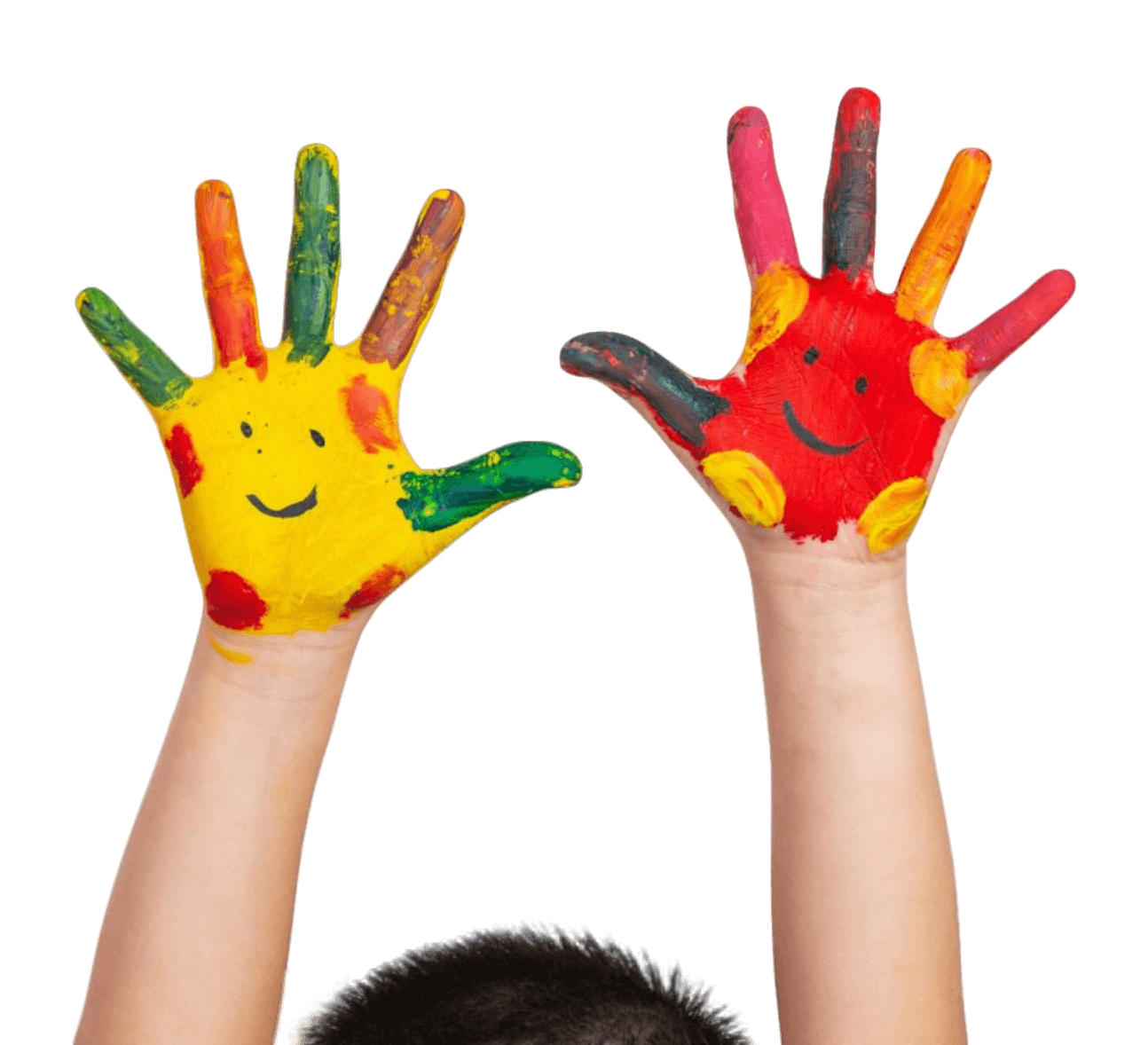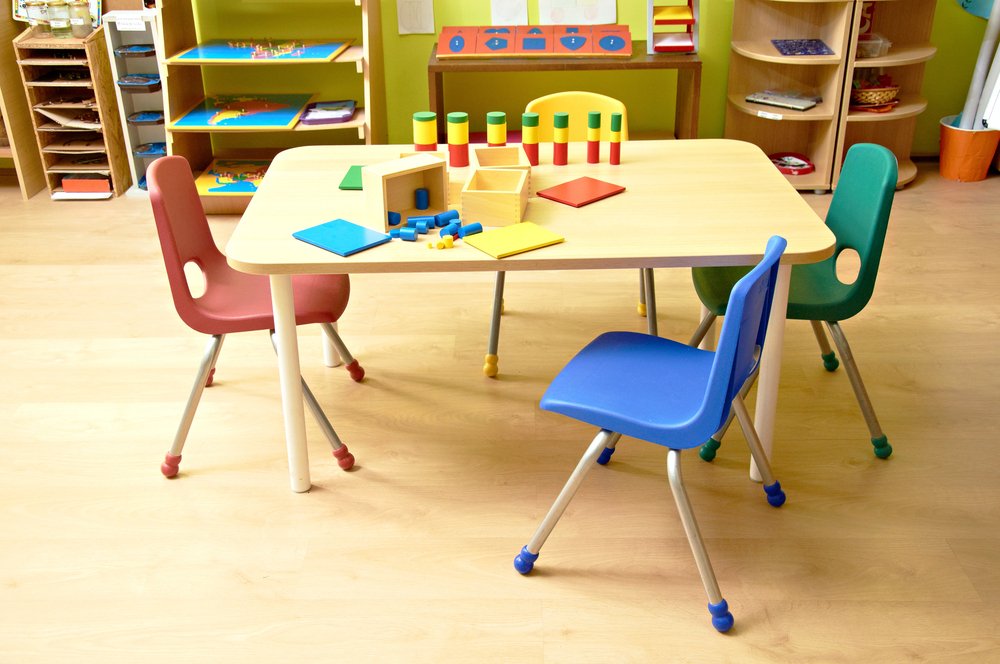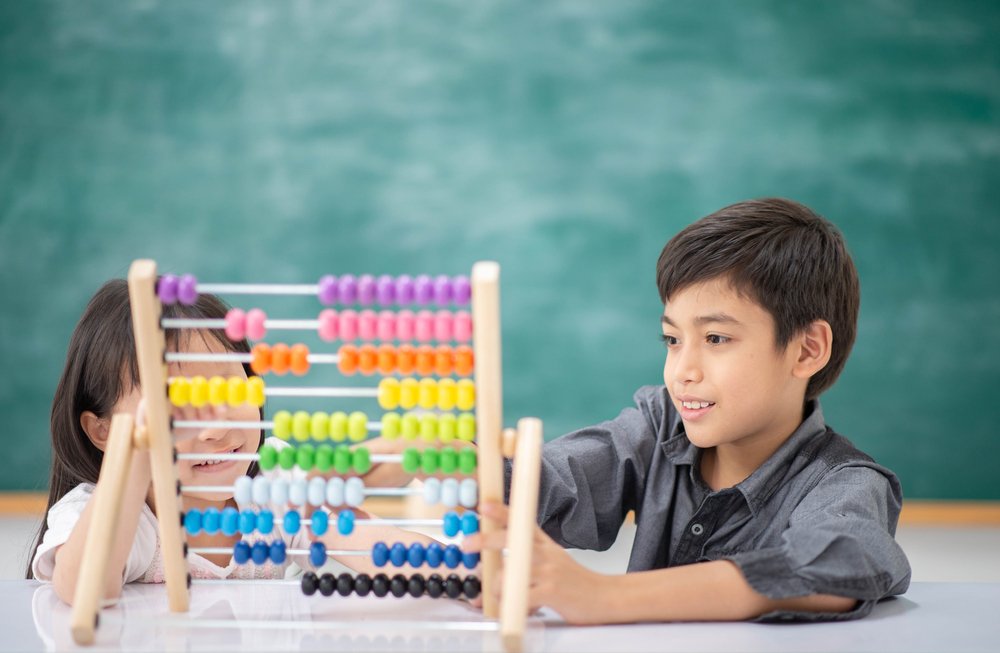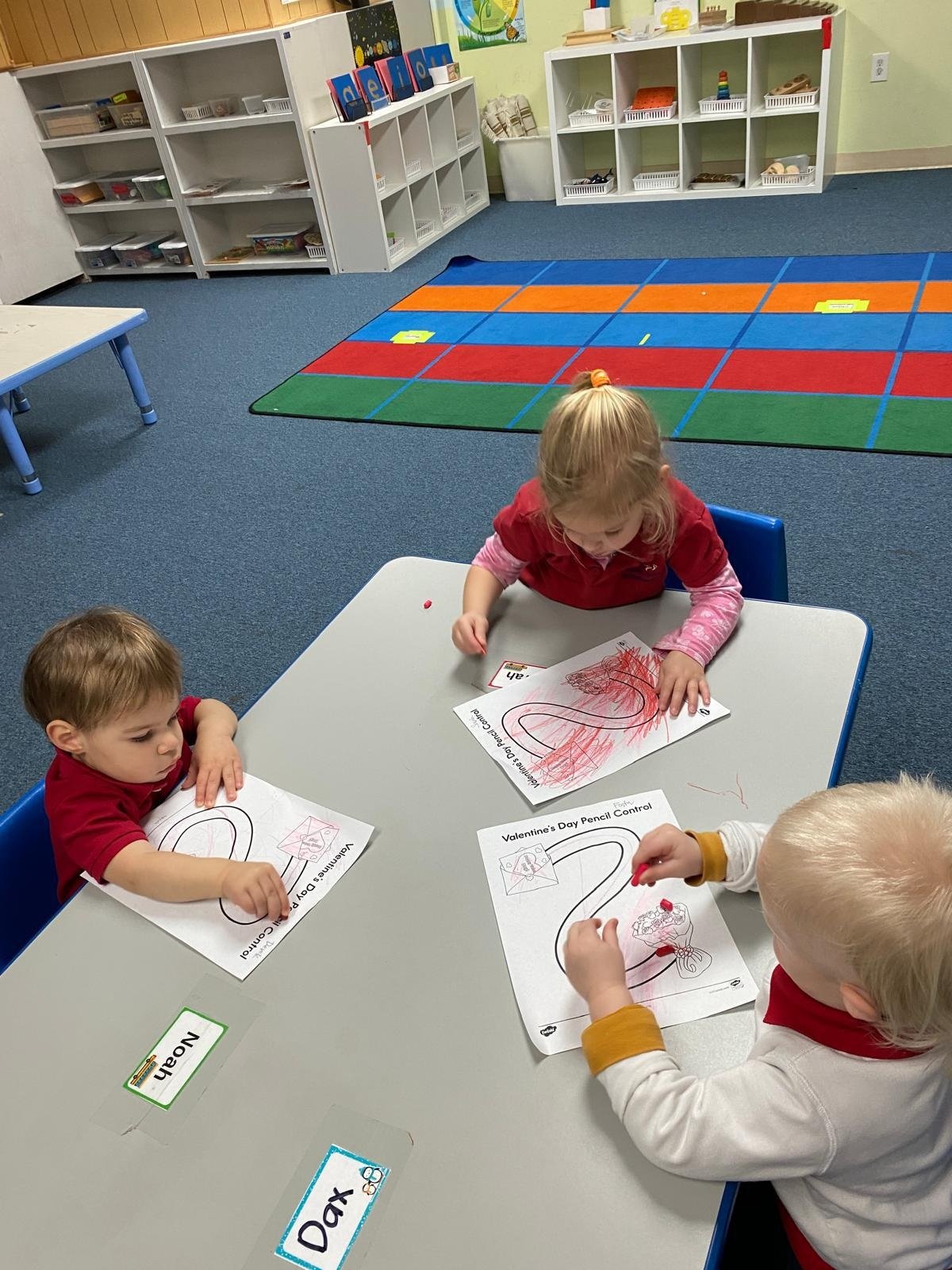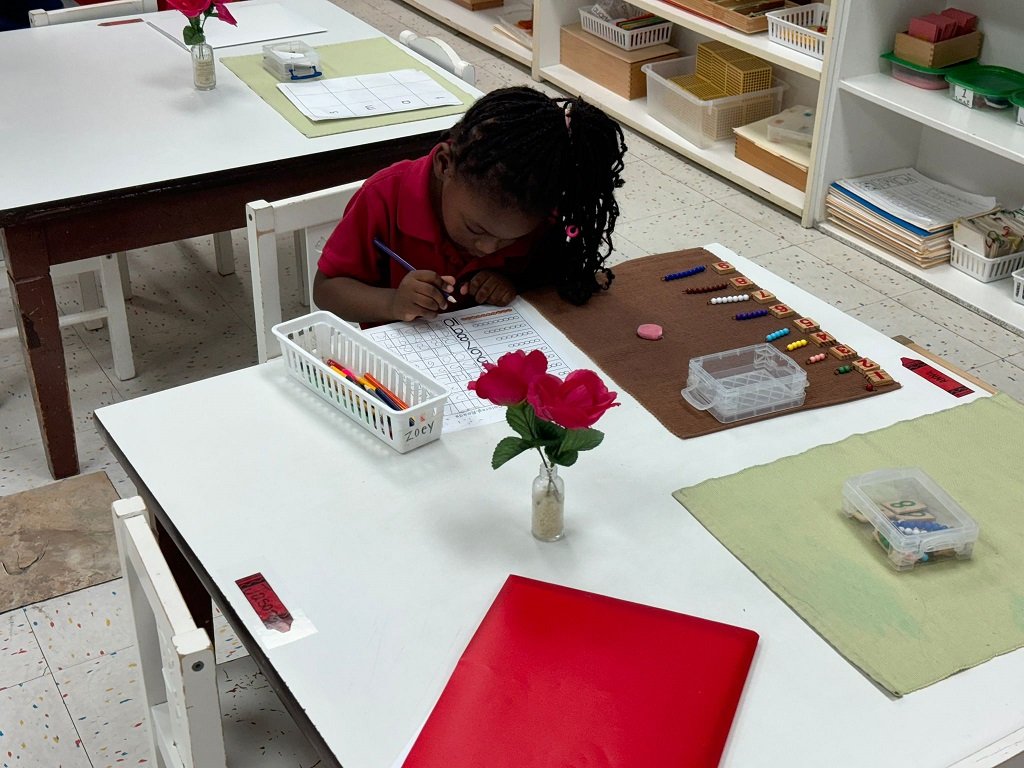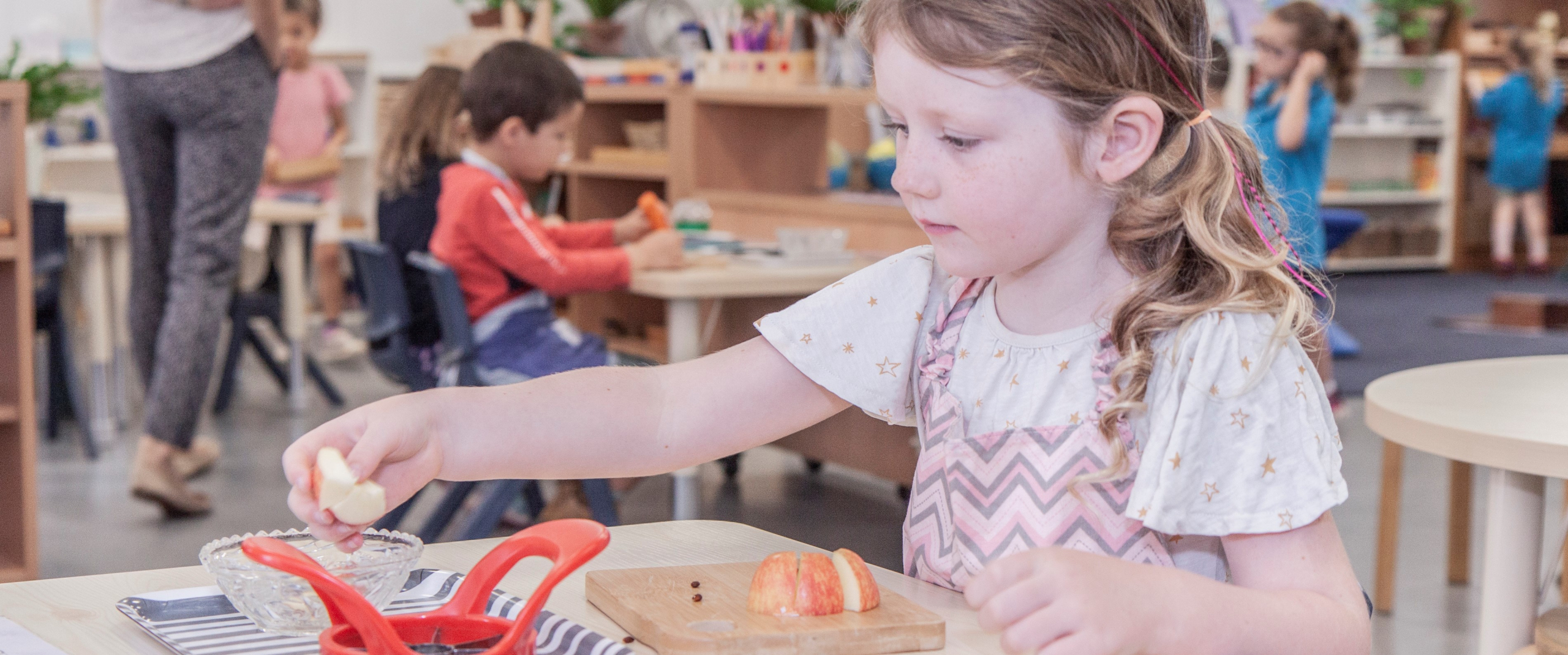Parents searching for the best Montessori school in Richardson often wonder what sets the Montessori Method apart from traditional education. Developed over a century ago by Dr. Maria Montessori, this child-centered approach focuses on fostering independence, curiosity, and a lifelong love of learning.
At Little Steps Montessori, we are proud to follow authentic Montessori principles in every classroom — creating an environment where each child can reach their full potential academically, socially, and emotionally. In this article, we’ll explore the key principles behind the Montessori Method and explain why this unique approach continues to be one of the most respected educational models in the world.
🧠 1. Child-Centered Learning
One of the core principles of the Montessori Method is that education should follow the child, not the other way around. Instead of rigid lesson plans that all students must follow at the same pace, Montessori classrooms allow children to choose activities that align with their interests and developmental stage.
Teachers observe each child closely, introducing new materials and lessons when the child is ready. This individualized approach encourages children to take ownership of their learning and helps them develop focus, confidence, and self-motivation — essential traits for lifelong success.
🏫 2. A Prepared Environment
Montessori classrooms are intentionally designed to support independent exploration. Everything — from the child-sized furniture to the carefully organized learning materials — is arranged to encourage freedom within boundaries.
Materials are displayed on open shelves, allowing children to select their work independently. Each item has a specific place, promoting a sense of order and responsibility. This prepared environment gives children the tools and structure they need to explore, make choices, and learn at their own pace.
🧰 3. Hands-On Learning with Purpose
Montessori education emphasizes learning through doing, rather than passive listening. Children engage with specialized hands-on materials that are self-correcting, allowing them to see and fix their own mistakes without constant teacher intervention.
For example, a child may work with bead chains to understand mathematical concepts or use sandpaper letters to develop early literacy skills. These tactile experiences help children internalize abstract concepts more deeply and develop fine motor skills simultaneously.
This hands-on approach is one of the reasons families consider Montessori the best educational foundation for young learners in Richardson.
🧍 4. Mixed-Age Classrooms
Unlike traditional classrooms, Montessori environments typically group children in multi-age classes (e.g., ages 3–6 together). This structure reflects natural social settings and allows younger children to learn from older peers, while older students gain leadership and mentoring experience.
This multi-age setting fosters cooperation rather than competition, builds empathy, and creates a sense of community. Children feel both supported and empowered, leading to stronger social and emotional development.
⏳ 5. Uninterrupted Work Periods
Montessori classrooms provide long, uninterrupted blocks of time (usually 2–3 hours) where children can concentrate deeply on their chosen activities. This allows students to enter a state of “flow” — where their focus and engagement are at their highest.
Rather than constantly switching from subject to subject, children learn to sustain attention, solve problems independently, and develop self-discipline. These skills prepare them exceptionally well for future academic challenges.
🌱 6. Respect for Each Child’s Pace and Personality
Dr. Maria Montessori believed that every child is born with unique potential. Montessori teachers respect each child’s individual learning style, pace, and personality. There is no pressure to conform to arbitrary grade-level expectations.
By nurturing curiosity instead of enforcing uniformity, Montessori classrooms allow children to develop confidence in their abilities and a genuine love for learning.
🌍 7. Emphasis on Real-Life Skills
Montessori education includes Practical Life activities that teach children everyday skills like pouring, dressing, cleaning, gardening, and caring for the environment.
These activities may seem simple, but they build independence, coordination, concentration, and responsibility. As children master these tasks, they gain a sense of pride and self-reliance that carries over into all areas of their development.
✨ Why Parents Choose Little Steps Montessori
At Little Steps Montessori in Richardson, we fully embrace these principles in our classrooms. Our teachers are Montessori-trained and deeply committed to creating an environment where children feel respected, inspired, and supported.
Families who choose our school consistently tell us that their children become more independent, focused, and joyful learners. It’s this combination of academic excellence, emotional growth, and individualized attention that makes Little Steps Montessori one of the best Montessori schools in Richardson.
📅 Schedule a Tour and See the Difference
The best way to understand the Montessori Method is to see it in action. We invite you to visit our Richardson campus, explore our prepared classrooms, and meet our passionate educators.
👉 Call us or visit lsmschool.com to schedule a tour and discover why so many families trust Little Steps Montessori to nurture their child’s growth and potential.

